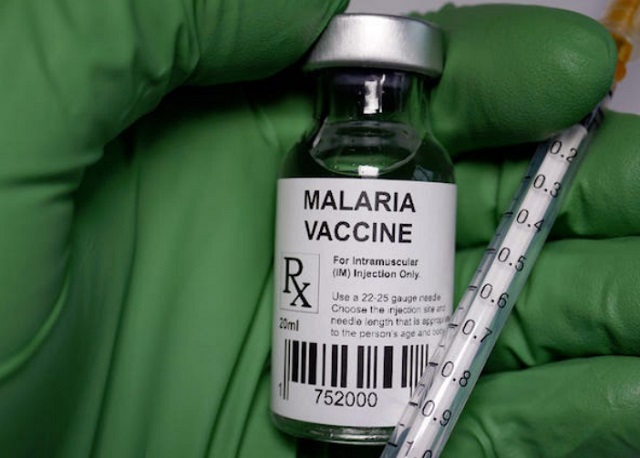
Kampala, Uganda | THE INDEPENDENT | As Uganda readies to add the malaria vaccine into its routine immunization schedule, with the first inoculations scheduled for April 2025, the Ministry of Health has clarified that not all children will be getting free jabs.
Speaking during a media orientation meeting, Elizabeth Kaijuka a Public Health Expert attached to the Uganda National Expanded Programme on Immunization revealed that the government has selected 105 districts where children below the age of two will receive four doses of the jab.
Explaining that children will receive doses at six, seven, eight and eighteen months of age, Kaijuka said selected districts either have moderate or high transmission of the disease that is estimated to be contributing eleven per cent of the total deaths that the country records each year.
The country plans to ferry in about three million doses of the R21 vaccine next year with plans to raise to more than four million doses a year later. This vaccine was prequalified for use by the World Health Organisation in December 2023 after clinical trials found it to be efficacious in areas of highly seasonal and moderate-to-low perennial transmission.
Now, the Ministry of Health says Uganda will become the nineteenth country to introduce the vaccine on the continent.
However, while this is being said, the private sector in Uganda has already started selling the jabs. Efforts to get an official comment from Norvik hospital that is one of the earliest sellers of the jab were futile but when contacted as a user, a pharmacist at the facility said the vaccine goes for one hundred and thirty-five thousand shillings.
Dr Jimmy Opigo who heads the Malaria Control Programme confirmed that the facility was indeed selling the drug but added they are selling another type of vaccine code-named RTS, S. Asked whether this won’t interfere with the government’s free jabs arrangement, he said Kampala where Norvik’s clients are, is not one of the areas where the free vaccines will be deployed.
Opigo noted that the fact that people are already buying the vaccine is a good gesture that there is interest and that the vaccine will be widely accepted, unlike other vaccines which have suffered hesitancy. However, he expressed a concern that private providers might sell vaccines to the age groups which do not require the jab considering that the majority of adults in the country have been exposed to the malaria bug several times and have since developed natural immunity.
However, the doctor said the Ministry had not yet approved guidelines to be followed by the private sector while dispensing the malaria vaccine.
*****
URN
 The Independent Uganda: You get the Truth we Pay the Price
The Independent Uganda: You get the Truth we Pay the Price



